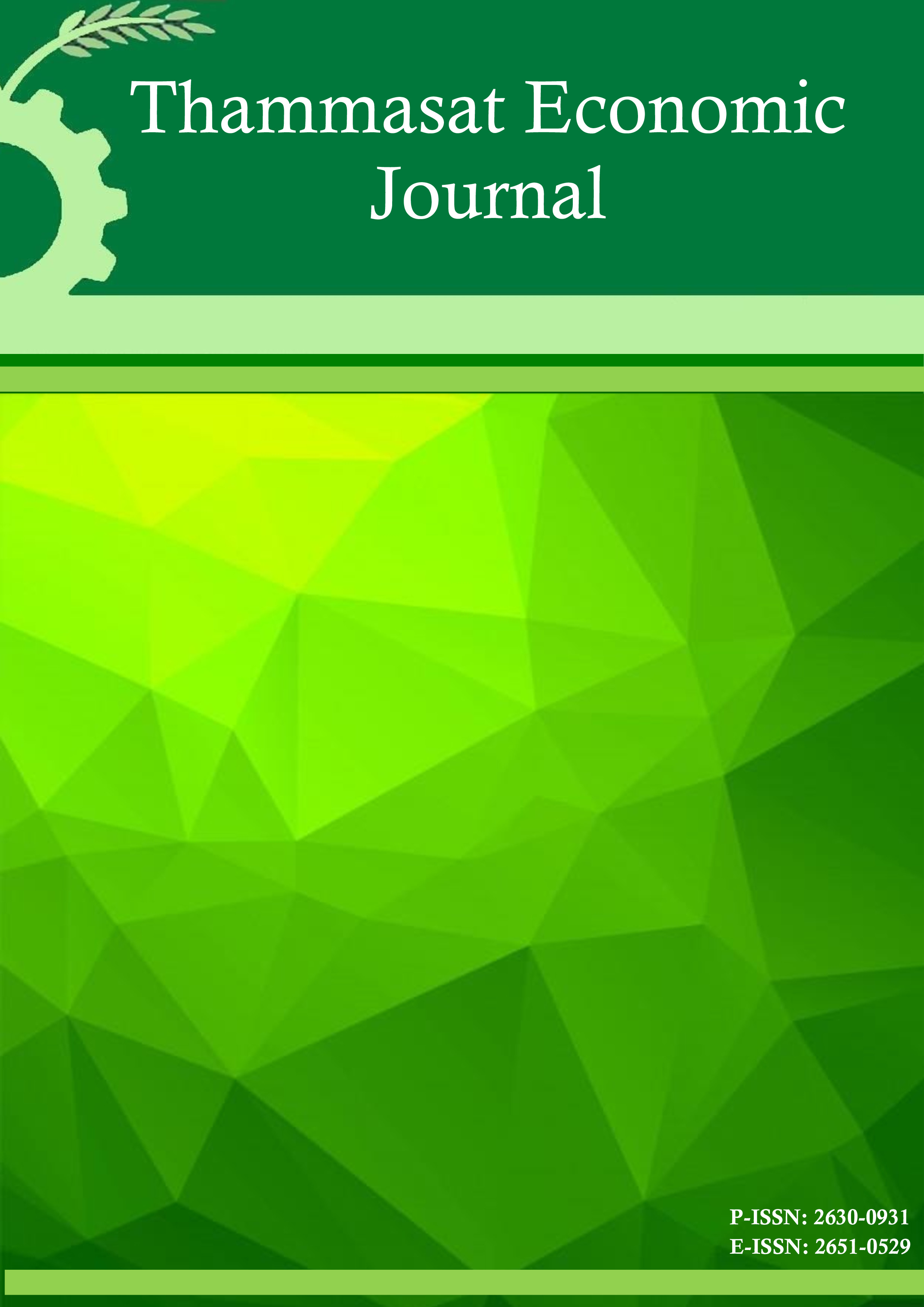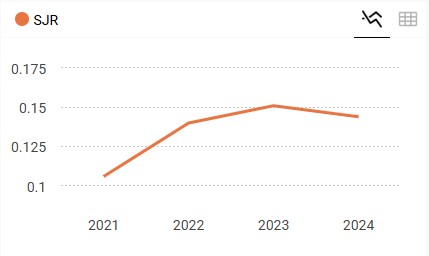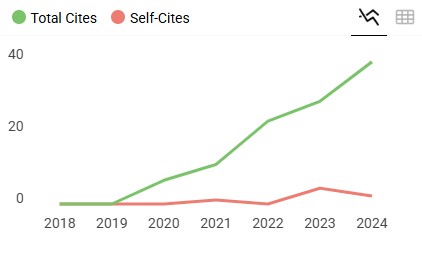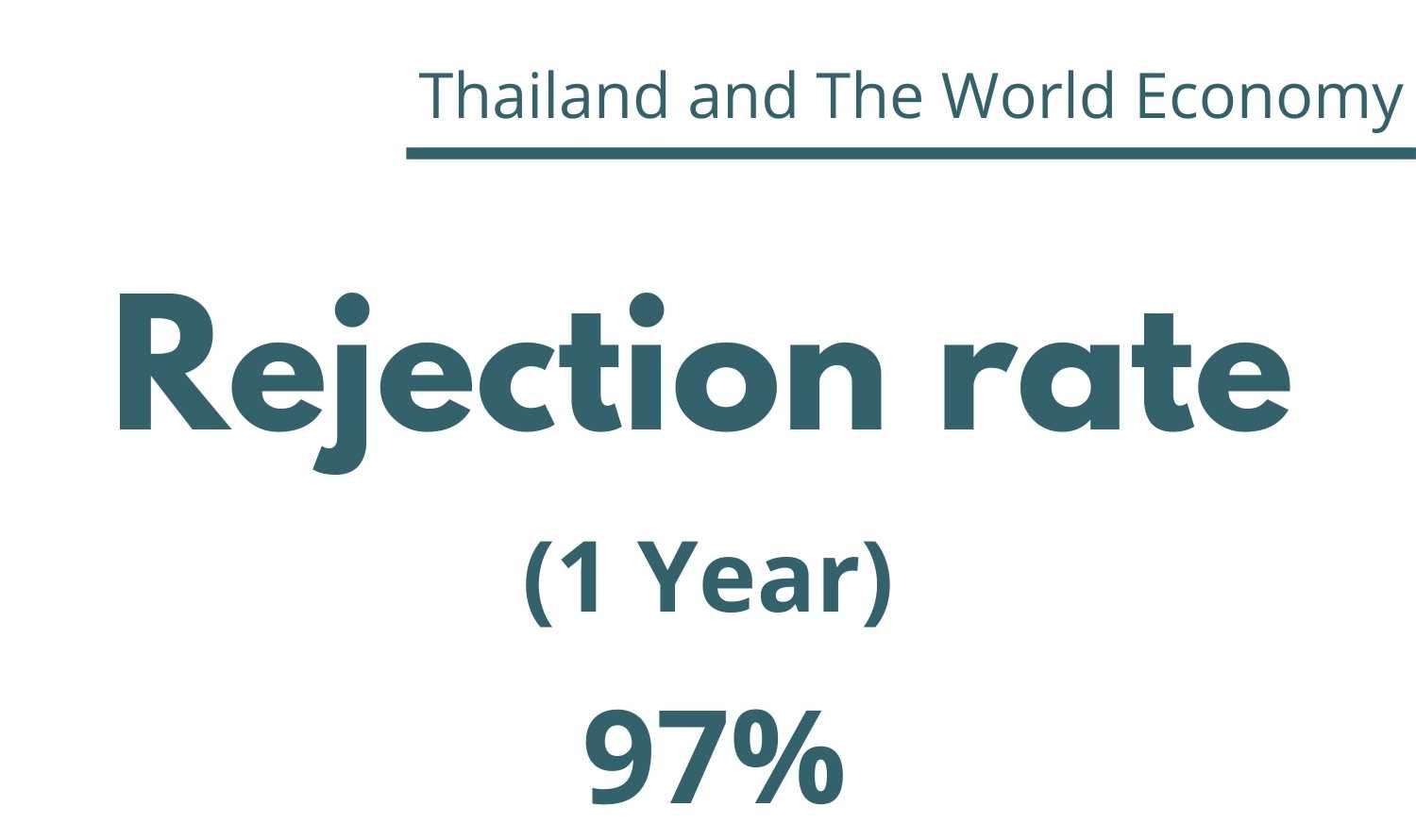Willingness to Pay to the Fortune Teller
Keywords:
Willingness to Pay, Imperfect Information, Fortune TellerAbstract
Given the imperfect information and monopolistic competition that characterizes market for fortune tellers, this study explains factors determine Bangkok resident’s willingness to pay for these services. The study classifies the independent variables into demand-side characteristics and supply-side characteristics. Our estimated coefficients indicate that significant impacts on willingness to pay fortune tellers comes mainly from demand characteristics, for example the age, income, education level, and marital status of service receivers. The supply characteristics, for example the age and gender of fortune tellers, or types of services offered, do not appear to
significantly impact the consumer’s willingness to pay. Attitudes and beliefs about fortune tellers, and positive mentality of service receivers themselves are major factors in determining their willingness to pay. There is also a backward-bending relationship between income and the willingness to pay. When income increases, the willingness to pay fortune tellers definitely increases over a range, showing evidence of normal good characteristics. However, when income increases above certain level, these services become inferior good.
References
2. LELAND, H. (1977), "Quality Choice and Competition", American Economic Review 67, 127-136.
3. NELSON, P. (1970), "Information and Consumer Behavior", Journal of Political Economy 78, 311-329.
4. SADANAND, A. & WILDE, L. (1982), "A Generalized Model of Pricing for Homogeneous Goods Under Imperfect Information", Review of Economic Studies 49, 229-240.
5. SALOP, S. & STIGLITZ, J. (1977), "Bargains and Ripoffs: A Model of Monopolistically Competitive Price Dispersion", Review of Economic Studies 44, 493-5 10.
6. WOLINSKY, A. (1984), "Product Differentiation with Imperfect Information", Review of Economic Studies 51, 53-62.










